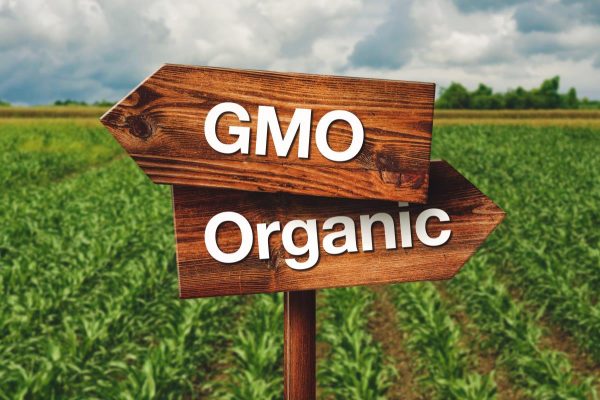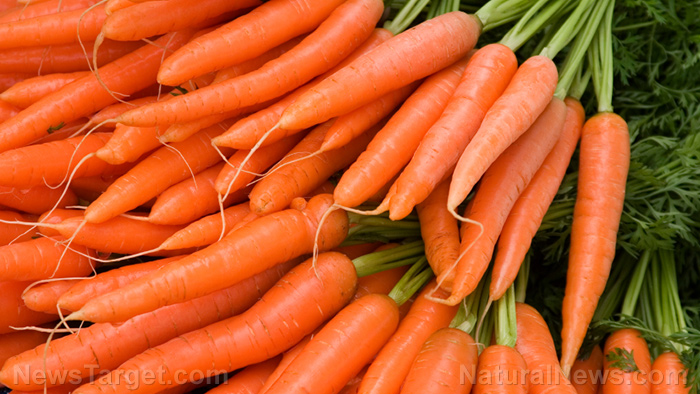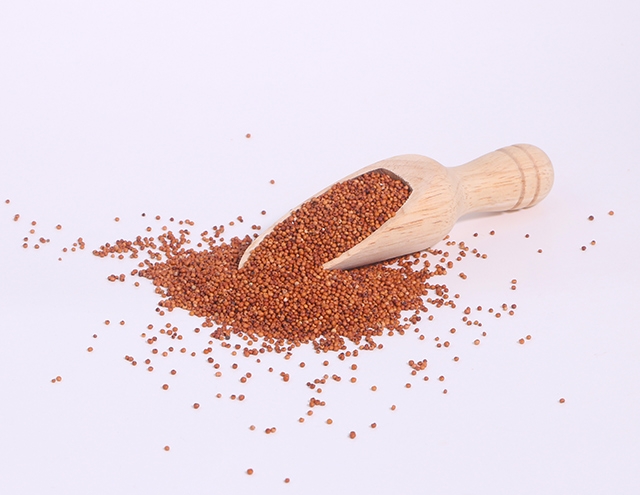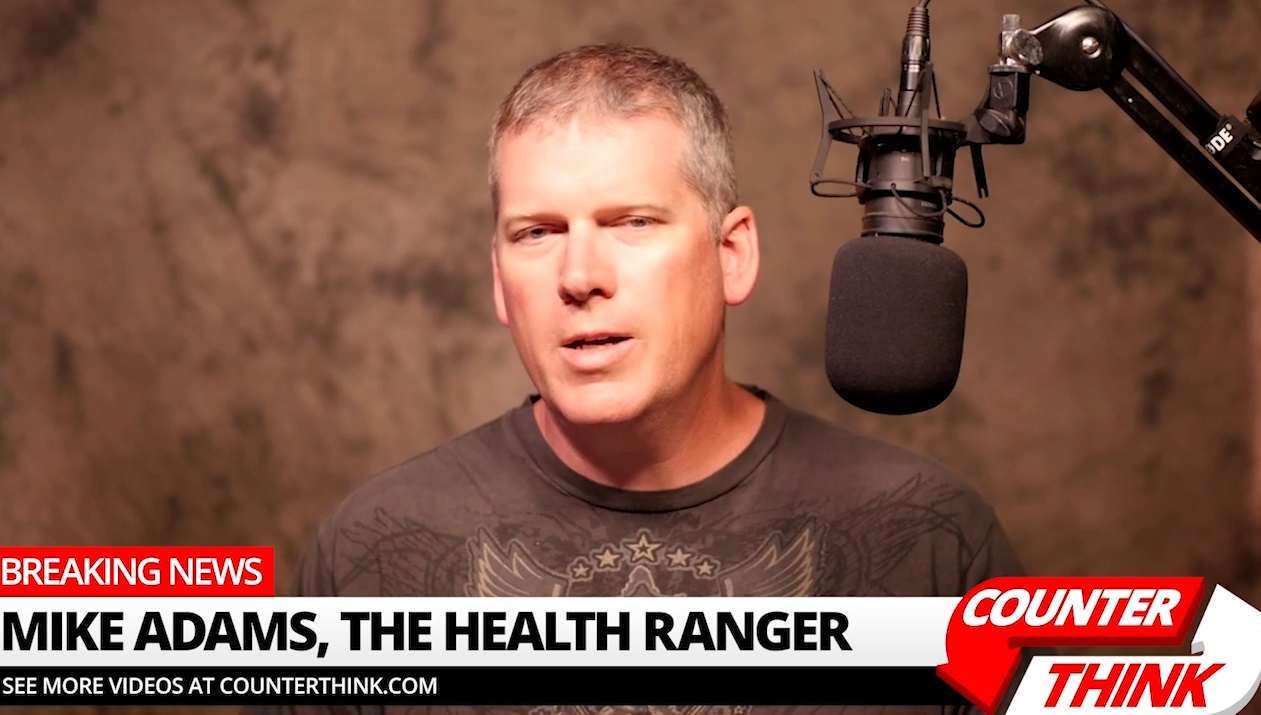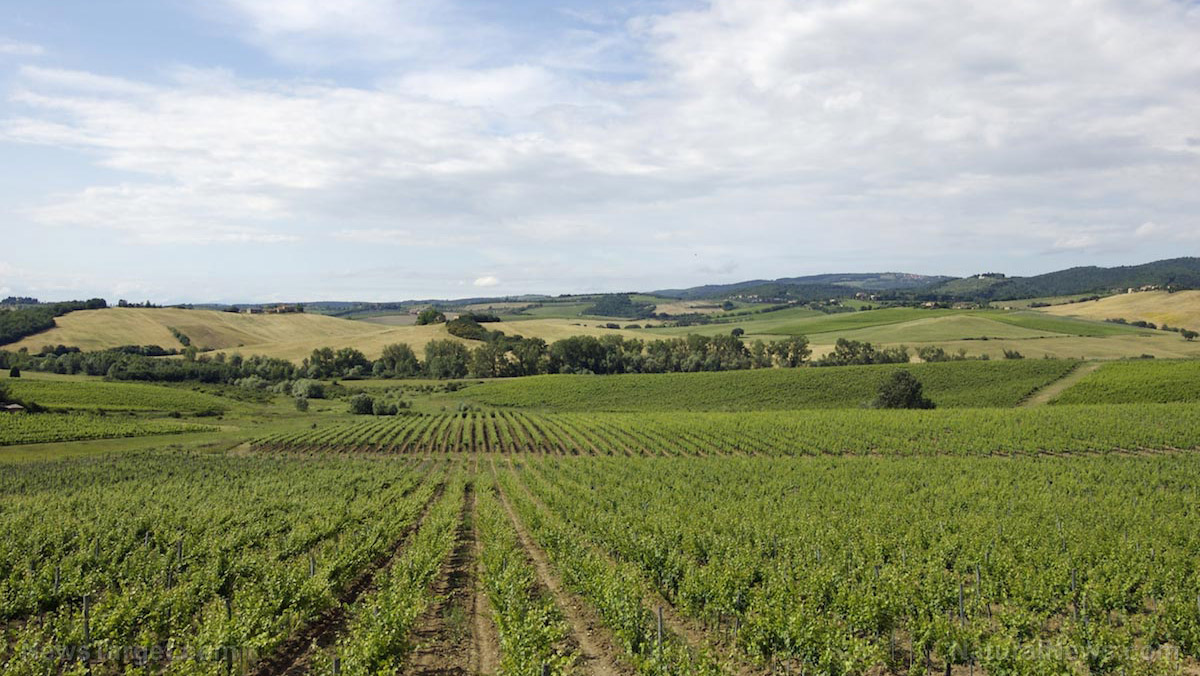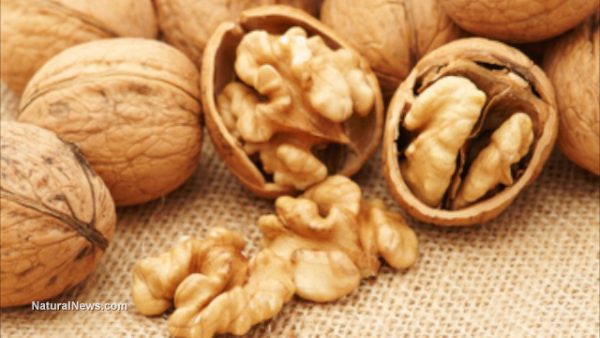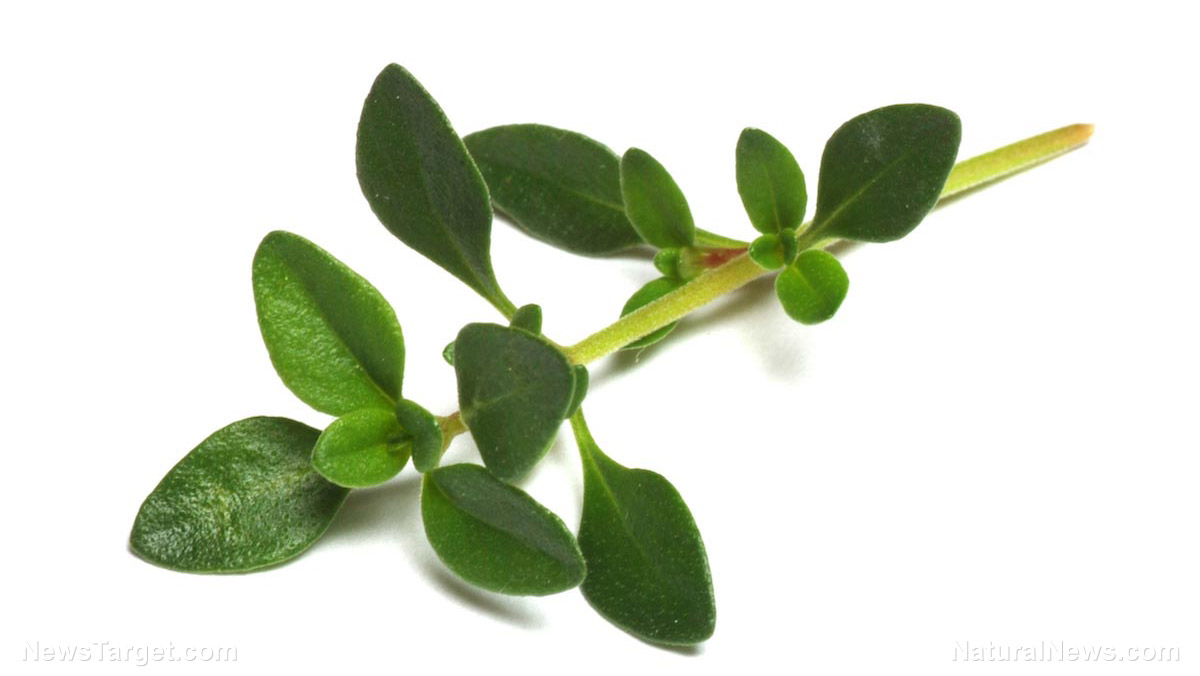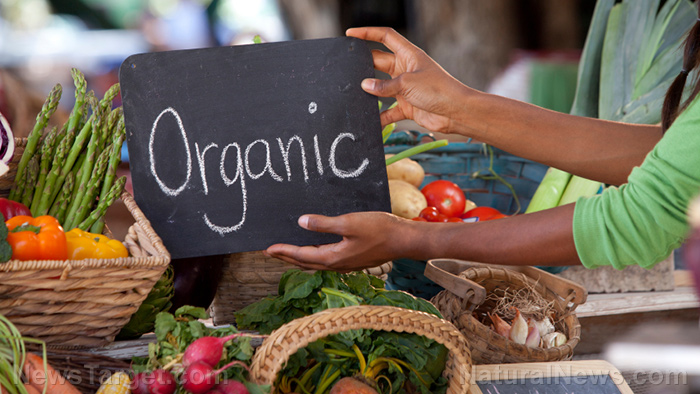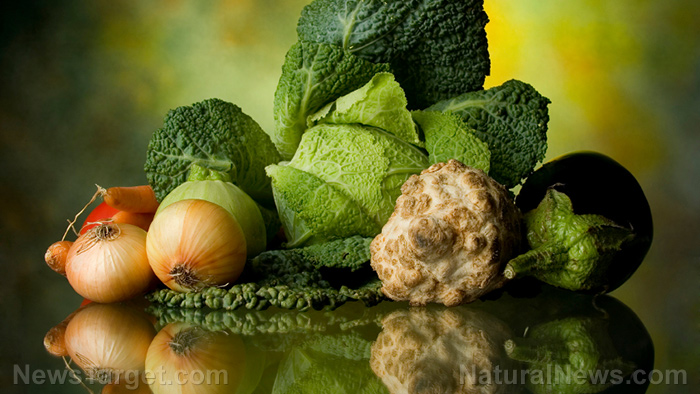Picking a healthy diet is good for the human body, but it might also be bad for the environment. Researchers from Vermont warned that healthy eaters are responsible for 39 percent of all food waste in the U.S., according to a LiveScience article.
In their recently published study, the research team discovered that healthier diets were linked to larger amounts of wasted food. They reported that fruits and vegetables comprised 39 percent of daily food waste.
Dairy (17 percent) and meat (14 percent) were two of the other foods that often end up uneaten and thrown away. (Related: Stretching your grocery budget AND helping the environment: Tips for reducing food waste at home.)
“Eating healthy is important and brings many benefits, but as we pursue these diets, we must think much more consciously about food waste,” said Meredith Niles, an ecologist at the University of Vermont (UV) and co-author of the study.
Niles and her colleagues looked up the 2015 results of the Healthy Eating Index, a survey of American diets take from across the nation. They also drew information from the “What We Eat in America” database run by the U.S. Department of Agriculture.
Other governmental sources contributed data that the researchers used for their estimates of the total food wasted every day and every year in the U.S.
Americans throw away 300 million pounds of uneaten food each day
The UV research team reported that the typical American threw away one pound (half a kilogram) of food on a daily basis from 2007 to 2014. The entire U.S. population wasted 300 million lbs (136 million kg) of uneaten food each day, leading up to an annual total of 54,750,000 tons.
Furthermore, the researchers calculated the hidden costs of the uneaten food. They estimated the wasted food took up 30 million acres (12 million hectares) of farmland and 4.2 trillion gallons (16 trillion liters) of irrigation water every year.
In addition, 780 million lbs (350 million kg) of pesticides and 1.8 billion lbs (800 million kg) of fertilizer went into growing and protecting all that wasted food.
Unlike most crops, fruits and veggies take up less acreage and need fewer fertilizers. However, they guzzle water at a prodigious rate and need plenty of pesticides to protect them from harmful insects.
The study noted that fruit and vegetable crops used more than half of the irrigation water expended each year.
Healthy diet programs can reduce the amount of food that goes to waste
To be fair, the foods that comprise healthy diets also benefit the environment. Earlier studies showed that fruits and vegetables took up less land and generated less air pollution such as methane.
The UV researchers are not suggesting that Americans start eating unhealthy foods on the mistaken notion of saving up on resources. Instead, Niles said dietary programs should try to reduce the food that goes uneaten.
For instance, Brazil and Sweden are two countries that have combined healthy eating and environmental sustainability. However, they have not yet considered the problem of food wastage.
The researchers listed a couple of ways to reduce food waste. Use as much of the entire fruit or vegetable as possible when preparing meals. Learn how to store uneaten food properly for later use. Also, find out how to tell rotten food from damaged but edible food.
There are also a growing number of dietary programs that try to reduce food waste. The diet developed by British expert Tristram Stuart turns otherwise wasted crops into hearty meals.
Now that you’re aware of the problem, you can do your part. Buy only the ingredients you need, prepare enough food to fill yourself, and try to eat as much of a meal as possible.
Learn more about the environmental impacts of food waste at Environ.news.
Sources include:
LiveScience.com
Journals.PLOS.org


